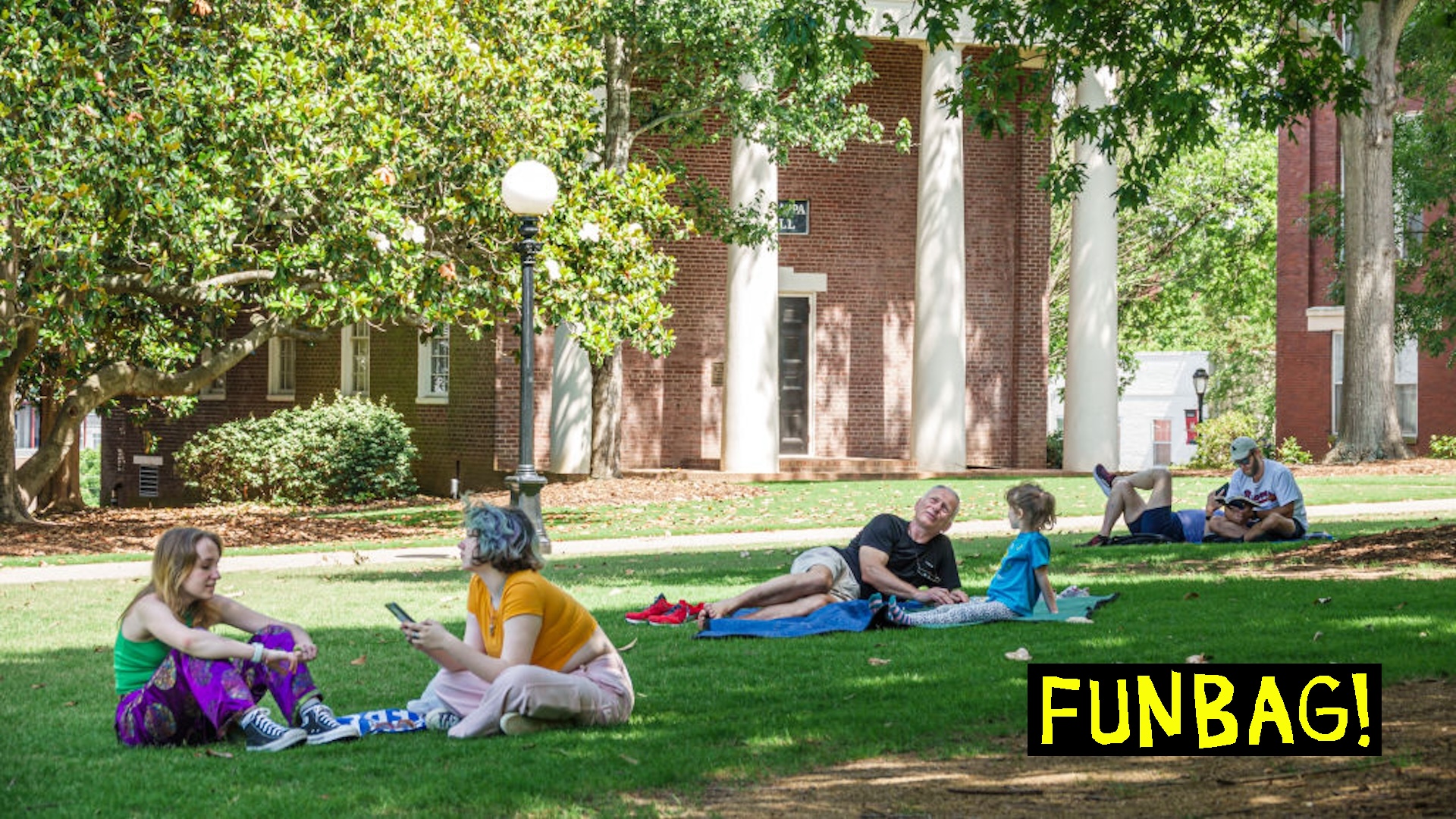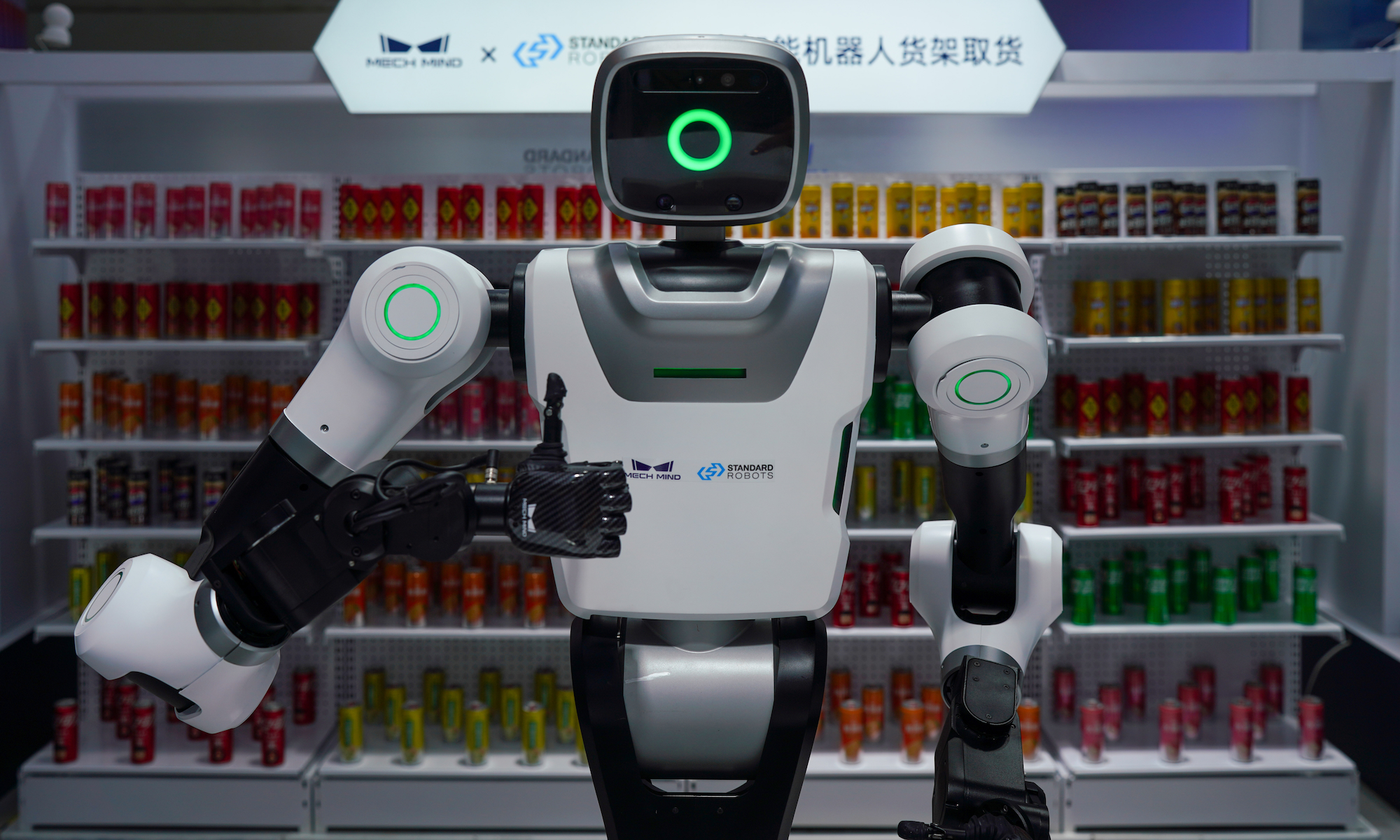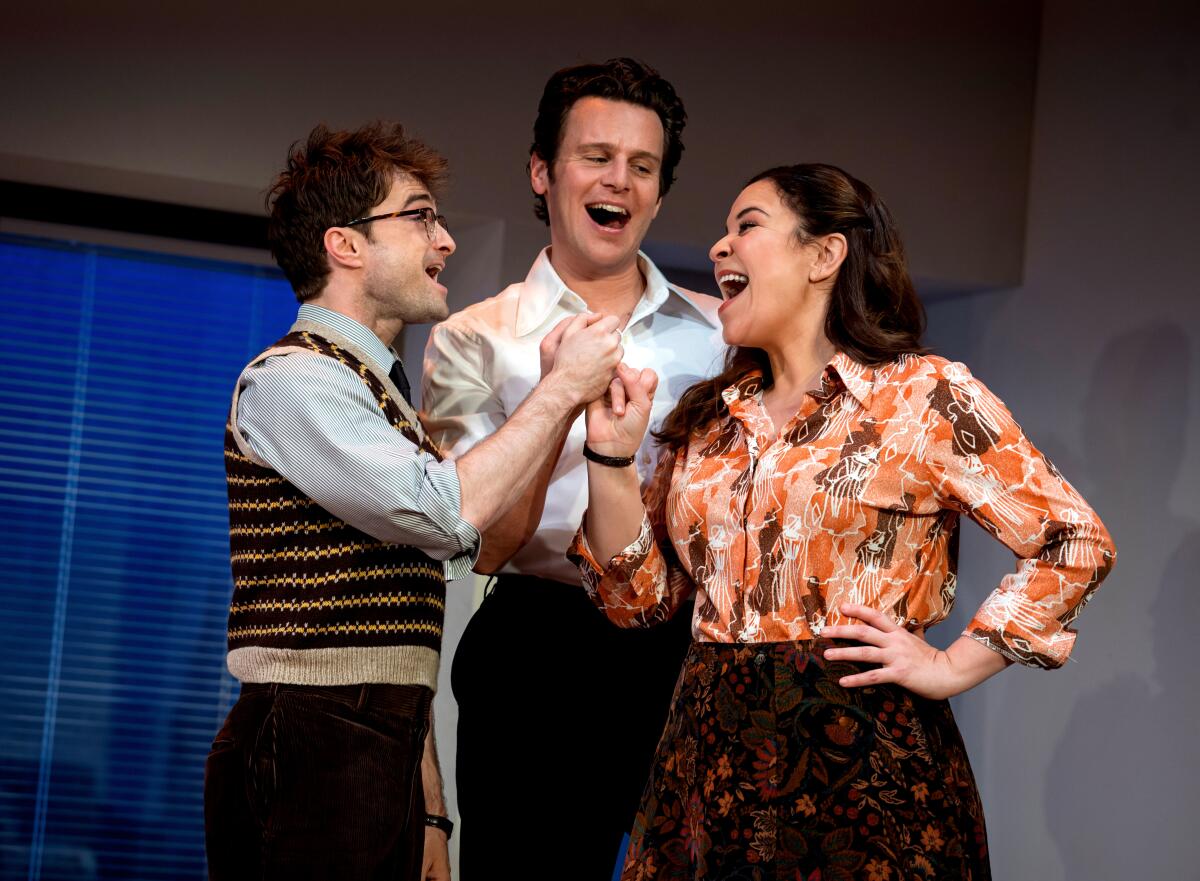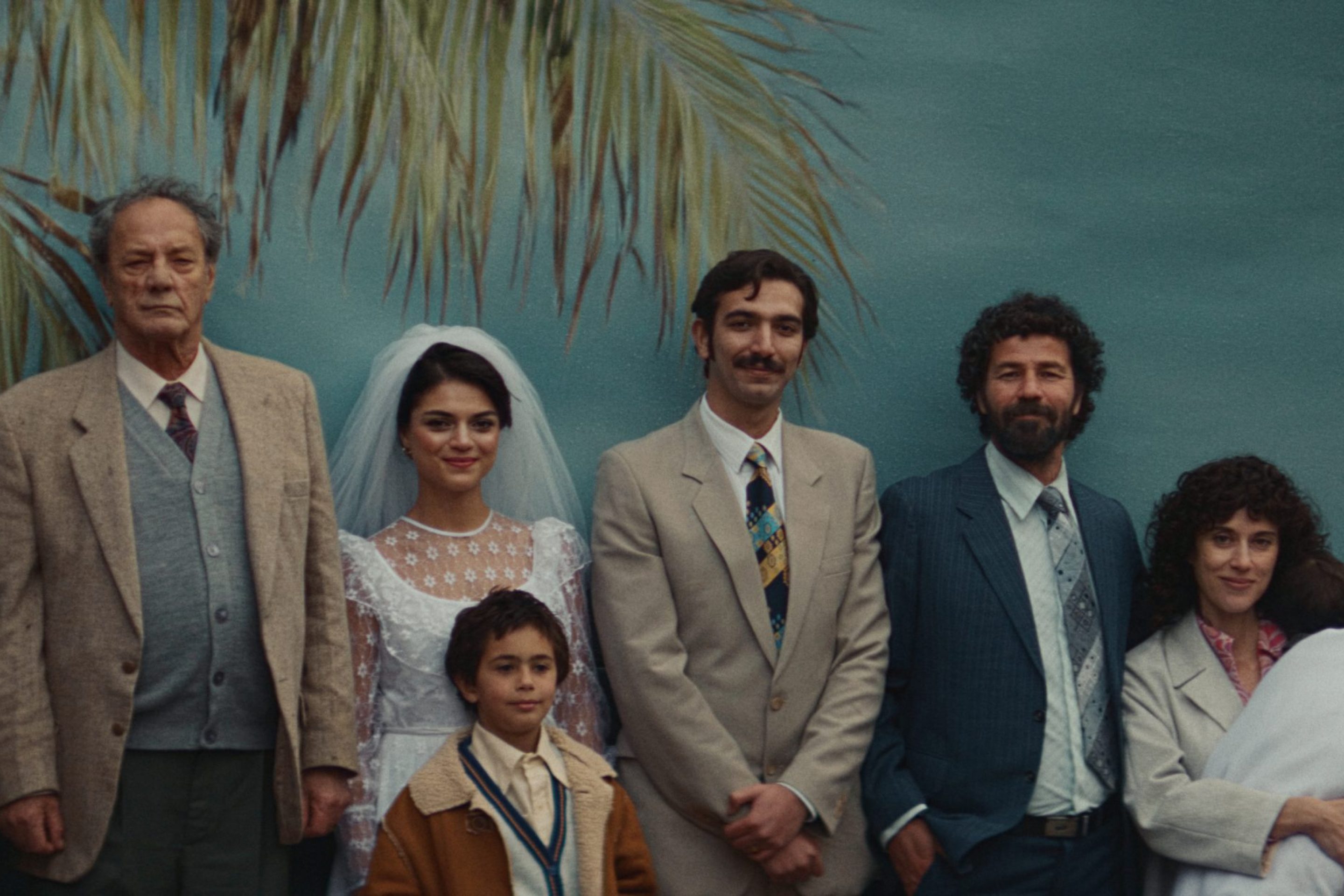Welcome to Listening Habits, a column where I share the music I’ve been fixated on recently.
It feels like every few years Tyler, the Creator does something that leads to everyone re-litigating his past as an angry 4chan-adjacent troll who used to rap a bunch of murder and rape lyrics, and tweet racist shock humor. It's almost a tradition at this point when people who only know Tyler from his post-edgelord pivot are confronted with the raps that made him famous in the first place. Rarely does Tyler show any remorse for his early stuff. It's usually the opposite. Tyler tends to treat his past trolling and ugly jokes as just that, jokes, and you're the idiot for taking it so seriously.
Last week, when music legend D'Angelo passed away, Tyler was one of many artists who paid tribute. In a heartfelt post, Tyler went long remembering the influence Voodoo had on him, rewiring his brain chemistry as a musician. It's the kind of thing you might expect from Tyler if you've seen any of his interviews or listened to some of his more sincere songs. But, whether it is a testament to the cesspool Twitter has become or something else, some of his more trollish, whiter fans met his sentimental homage with a big fart noise. That then kickstarted another cycle of digging up his old tweets and lyrics.
If you've ever paid significant attention to Tyler, you know he can be kind of a smug asshole about, well, everything and everyone. He is a guy with endless self-confidence, and a self-centered outlook on life that doesn't often extend much empathy to people who aren't like him. This is part of what made him an appealing star at the start of the 2010s. Fully in the Obama era, a loud black kid who embodied certain generation-defining aspects of growing up online: a broad musical palette, talent in a range of digital art forms (music, video, graphic design), an irony-poisoned sense of humor. That latter trait made up almost the entirety of his persona and lyrical content in the early days. Completely abrasive and purposefully infuriating, never taking anything seriously, gleefully making the most offensive "jokes" he could think of, ones often geared at taboo subjects like rape, misogyny, homophobic slurs, and racism, usually aimed at other black people. He was the rightful heir to the legacy of his rap hero Eminem, and for obvious reasons, he and his crew Odd Future became really big to a specific type of alternative and mostly white audience.
If there's one thing you should know about Tyler, it is that he is a genuinely great musician. Even as a teen, he had an almost prodigy-level understanding of music theory. If that wasn't already unfair, he was also a Puff Daddy-level genius at marketing. What might have otherwise seemed like the behavior of a wild kid, let loose on a crumbling record industry and ascendent digital media, was actually the meticulously plotted moves of a Machiavellian mogul in the making. It's not that he wasn't a genuine troll; it's just that he understood that any attention he could garner was worth it to send him and his friends to the stratosphere.
Even though it didn't take long for Tyler to drop the horrorcore act and distance himself from the more lurid products of that era (a few years into his career, he stopped performing the most violent and rape-y songs of his early catalog, and by 2015's Cherry Bomb, he'd completely moved away from his old style), he nevertheless has never really expressed any regret for it. What's been interesting about the recent debacle is how it's the closest he's come so far to being forced to reckon with things he'd spent the last few years pretending he could simply walk away from. The idea that words and actions have consequences is foreign to him.
Rappers have always leaned toward the shocking in order to engage listeners—throwing out the most outlandish lines they can think of, then hiding their hands under the guise of free expression. They're like comedians in that way. But Tyler was something different. His relationship with his fan base was a bit like a precursor to the YouTube/podcast radicalization engine of today: an online cult leader pied-piping a merry band of kids following his example. There are still fans of his who believe his pivot towards pop stardom is just one big troll, yet to be uncovered. It's similar to how for years people were convinced Kanye's outbursts were performance art around new album releases.
When you build a fan base off nihilistic trolling, you can't be surprised when your fans turn out to be nihilistic trolls, people who are not interested in your maturation or their own. Tyler's interviews are full of a general disgust with the internet, mostly at the idea of sitting on your phone or laptop all day instead of taking part in the world. He hates podcasts. He has also rapped about—but never spoken about explicitly—his fluid sexuality, which includes attraction to both men and women. For a particular kind of Tyler fan that showed up in 2011, this all might be highly upsetting. For one of those superfans, it might be easier to convince yourself that these are all elaborate jokes. Going on Funk Flex to shock him with a very homoerotic freestyle would certainly contribute to that kind of conspiracy.
To better understand Tyler, it's useful to consider the case of Earl Sweatshirt, Odd Future's other leading light. Tyler and Earl are on good terms now, but there was a noticeable though unspoken divide between the two for a couple years there. If you read enough of the tea leaves and gossip, it started with the "Free Earl" campaign. In the beginning, Earl was like the younger brother of Odd Future who looked at Tyler as a mentor, someone who believed in his rapping ability. In that first Earl project, you can see exactly why.
For all of Tyler's shock raps and larger-than-life persona, his thing was never that he was some especially great MC. Earl, on the other hand, clearly had that gift. He was a little baby Nas, raw but with obvious, explosive talent. What was also obvious was that he was adopting Tyler's penchant for shock raps and inappropriate for his age content. One could look at it all as a troubled kid finding his artistic muse and getting things off his chest. But to a parent, you could see how it might sound a lot more sinister and concerning. Earl's mother certainly felt that way. She was disturbed by what she heard, worried about what was going through her son's head and the trouble he was getting into at school, which reportedly included drug abuse, and she maybe felt like Tyler was not the best influence in the world. So, right as Odd Future was starting to break through, she sent Earl to Coral Reef Academy, an at-risk school for boys in Samoa.
Never one to turn down a great marketing opportunity, Tyler told Odd Future fans that Earl had been sent away by his mother, and started shouting "Free Earl" at shows and on songs, hawking merch to rabid fans who were more than happy to project their hatred of their own parents onto Earl's mother. It became a media spectacle for a couple years, and played a part in the crew's further ascendence as underground superstars. For Earl's mom, it was a time of intense stress, worrying not just about her son but also the raging public relations campaign being waged against her by her son's suddenly famous friends. She even began receiving death threats from OF fans. All of this strained Earl's relationships with his mom, as well as with Tyler and the rest of Odd Future. By the time Earl came back, I'm sure he was excited to rejoin his now famous friends and start actually taking part in the dream that had come true while he was away, but it had to also create tension between these two friends how everything went down.
It has always seemed to me—admittedly, as pure speculation—that the divide between Tyler and Earl was ultimately one of mindset and values. While Tyler may act like some spoiled suburban punk, he actually is a kid who grew up poor and resolved to do whatever he had to do to get out of those circumstances. If making pregnant-lady rape jokes got him attention and money, he would do it a million times over. Earl's experience was different. He might not have had the most comfortable of upbringings, but he was the son of a UCLA professor and a South African poet—though the latter, his father, wasn't around much. Despite not having lots of money herself, Earl's mother presumably wouldn't have wanted her son to be guided by money. They were a house that valued education and political education especially. If anything, Earl has seemed both confounded and overwhelmed by his fame, and his career has been one long backlash to it. Earl and his mom had to work through a lot after the Samoa thing, but it's not hard to understand a mother worried about her son when he's making the kind of raps that were on that Earl tape.
And while no at-risk school is a good time, Earl's experience at one allowed him to read and harness his gifts as a rapper more thoughtfully at a time when he was fucking up a lot. For Tyler, the ends always justified the means. He made himself rich and famous, and he made his friends rich and famous. Part of why he's never shown much remorse for his past words is because they did what he wanted them to. Why would he apologize for something that worked? How could Earl's mom not recognize that he made her son successful?
You can see this disconnect a few years back when Tyler seemed to be subtweeting Earl while the latter was struggling with drugs. Tyler was worried about his friend but his inability to empathize made it come across as lambasting him for not doing more to capitalize on all the success they had. You kinda have to be a bit of a sociopath to be as successful as Tyler has become in his career. But Tyler seems unable to understand that the things we do and say have consequences that often matter more than the success itself. Eminem figured that out early, and he wrote a song about it. His reluctance to lead the cult that formed around him doesn't absolve him for the building of that cult, but at least he tried to reckon with it. He too has had to deal with devotees who don't want him to change or evolve.
What bothers me, and also piques my interest about this whole thing, is that we are in the midst of a radicalization overload, where the entire internet seems to have been gobbled up by conspiracy theories, male anger, and racist and sexist ideology, which is earning its practitioners a whole lot of money and attention. As more public spaces are terrorized by the radicalized, our politics are increasingly shaped by memes and trolls, and our children are inundated with all this violent, radical imagery, how many people will be forced to reckon with their contribution to this destruction? It seems like a lot to place on a 34-year-old who is just mad at fans of his 18-year-old self for not letting him mourn his favorite artist, but that's why we call things domino effects. A small wind blows and suddenly a building collapses. You can't deny responsibility for your actions forever.
The Best Non-Rap Song Of The Moment
If you would like to contribute something or ask a question for future installments, email me at israel@defector.com.






